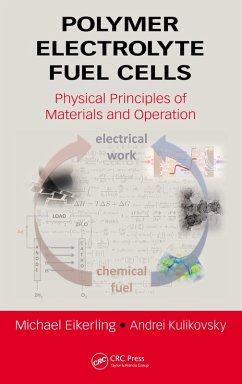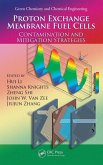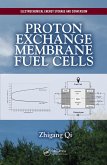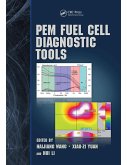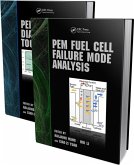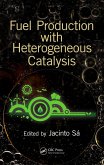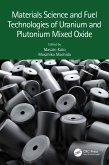This book provides a systematic and profound account of scientific challenges in fuel cell research. The introductory chapters bring readers up to date on the urgency and implications of the global energy challenge, the prospects of electrochemical energy conversion technologies, and the thermodynamic and electrochemical principles underlying the operation of polymer electrolyte fuel cells. The book then presents challenges in fuel cell research as a systematic account of distinct components, length scales, physicochemical processes, and scientific disciplines. The main part of the book focuses on theory and modeling.
Dieser Download kann aus rechtlichen Gründen nur mit Rechnungsadresse in A, B, BG, CY, CZ, D, DK, EW, E, FIN, F, GR, HR, H, IRL, I, LT, L, LR, M, NL, PL, P, R, S, SLO, SK ausgeliefert werden.

